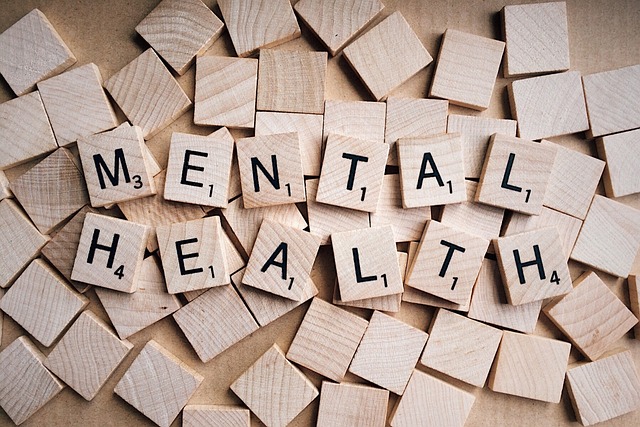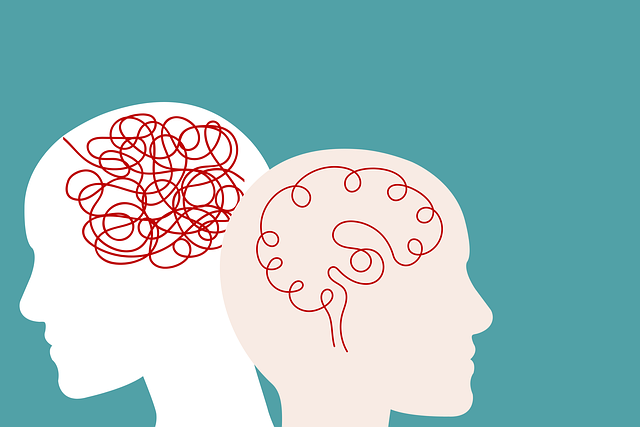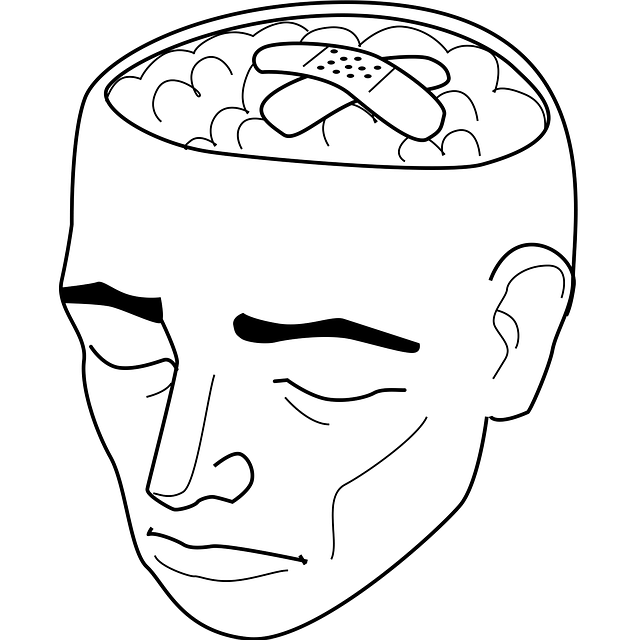Boulder Phobias Therapy leverages group facilitation techniques to create a safe, collaborative environment where individuals overcome anxiety, depression, and phobias through specialized methods like gradual exposure therapy, relaxation exercises, and emotional healing discussions. Facilitators focus on building resilience, social skills, and community connections while implementing Stress Reduction and Social Skills Training techniques. This holistic approach, enhanced by Burnout Prevention, Conflict Resolution, and Mental Illness Stigma Reduction efforts, fosters trust, empathy, and camaraderie, making group settings ideal for effective therapy.
“Uncover powerful techniques for Mental Wellness Group Facilitation, especially tailored for addressing Boulder Phobias. This comprehensive guide explores effective strategies to create a supportive and safe group environment, enhancing therapy outcomes. Learn how facilitators can navigate complex emotions, foster open communication, and promote healing through collective support. Discover the art of guiding groups, ensuring every member feels valued, understood, and empowered on their journey towards overcoming Boulder Phobias therapy.”
- Understanding Mental Wellness Group Facilitation
- Techniques for Effective Boulder Phobias Therapy in Groups
- Creating a Supportive and Safe Group Environment
Understanding Mental Wellness Group Facilitation

Mental wellness group facilitation is a specialized skill that goes beyond traditional therapy settings. It involves guiding and supporting a diverse group of individuals in a collaborative environment to enhance their mental well-being. Facilitators play a crucial role in creating a safe and supportive space where members can share experiences, offer peer support, and learn from one another. This approach is particularly effective for addressing common challenges like anxiety, depression, and phobias, often seen in Boulder Phobias Therapy sessions.
The process encourages the development of resilience, essential for managing stress and coping with life’s difficulties. Through interactive activities and discussions, facilitators can implement various Stress Reduction Methods and Resilience Building techniques. Moreover, group dynamics foster Social Skills Training, enabling members to build connections, improve communication, and develop a sense of community. This holistic approach ensures that participants gain valuable tools and insights while fostering a supportive network.
Techniques for Effective Boulder Phobias Therapy in Groups

Effective Boulder Phobias Therapy within group settings involves a blend of specialized techniques tailored to address this specific fear. One key approach is to create a safe and supportive environment where participants feel comfortable expressing their anxieties. Group members can encourage each other through shared experiences, fostering a sense of camaraderie and reducing feelings of isolation often associated with phobias. Techniques such as gradual exposure therapy, where individuals confront their fears in a controlled manner, prove highly beneficial.
Facilitators should incorporate activities that promote relaxation and stress management, enabling participants to gain a deeper understanding of their emotional responses. Additionally, group discussions focused on emotional healing processes can empower members to share coping strategies and provide mutual support. Leveraging these methods within a Community Outreach Program Implementation facilitates holistic Boulder Phobias Therapy, ultimately enhancing the overall well-being of group members.
Creating a Supportive and Safe Group Environment

Creating a supportive and safe group environment is paramount for effective Boulder Phobias Therapy and fostering open communication. Group facilitators play a crucial role in cultivating an atmosphere where each member feels comfortable expressing their thoughts and emotions. This involves establishing clear boundaries, ensuring confidentiality, and promoting active listening among participants. By creating such a space, facilitators encourage vulnerability, build trust, and help individuals feel validated, which are essential for navigating complex mental health topics.
Additionally, incorporating strategies like Burnout Prevention techniques and Conflict Resolution Techniques can further enhance group dynamics. Mental Illness Stigma Reduction Efforts should also be integrated to foster understanding and empathy among members, ultimately strengthening the support system within the group setting.
Mental wellness group facilitation is a powerful tool, especially in addressing specific fears like boulder phobias. By fostering a supportive and safe environment, facilitators can help individuals navigate their challenges effectively. Techniques such as active listening, structured discussions, and collaborative problem-solving enable groups to overcome barriers together. Incorporating these strategies ensures that everyone feels heard, respected, and empowered to manage their mental health journeys, ultimately enhancing the effectiveness of Boulder Phobias Therapy in group settings.














